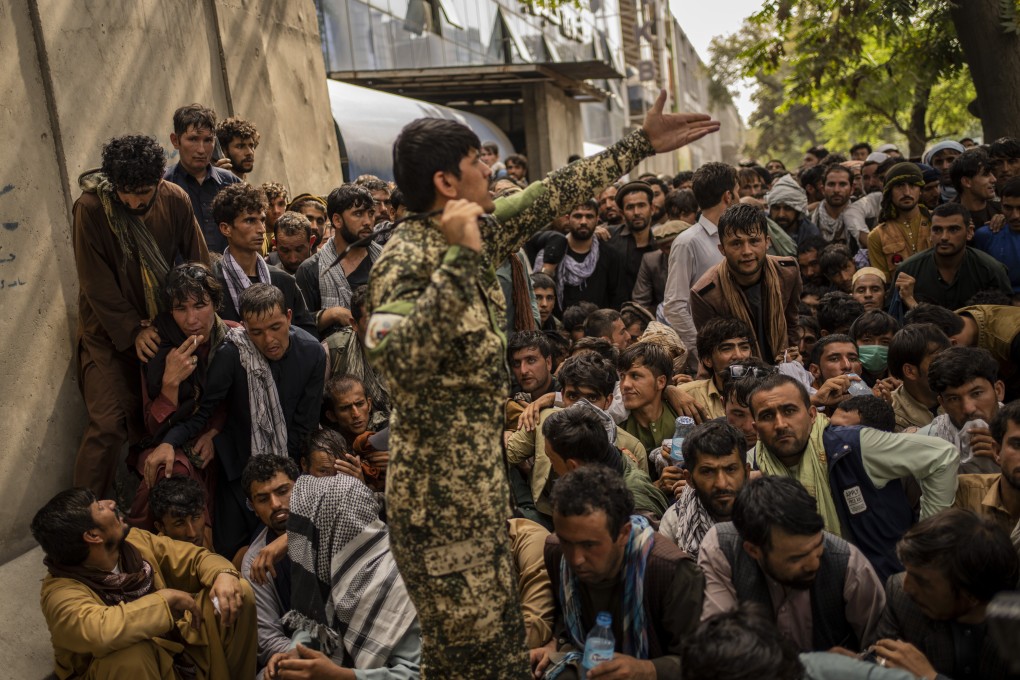Crisis stalks Afghanistan, one month after fall of Kabul
- It has been a month since the Taliban swept to power, seizing Afghanistan’s capital Kabul with barely a fight
- Afghanistan’s economy facing near-shutdown as drought, famine drives thousands from country to cities

A month after seizing Kabul, the Taliban face daunting problems as they seek to convert their lightning military victory into a durable peacetime government.
After four decades of war and the deaths of tens of thousands of people, security has largely improved, but Afghanistan’s economy is in ruins despite hundreds of billions of dollars in development spending over the past 20 years.
Drought and famine are driving thousands from the country to the cities, and the World Food Programme fears food could run out by the end of the month, pushing up to 14 million people to the brink of starvation.
While much attention in the West has focused on whether the new Taliban government will keep its promises to protect women’s rights or offer shelter to militant groups like al-Qaeda, for many Afghans the main priority is simple survival.
“Every Afghan, kids, they are hungry, they don’t have a single bag of flour or cooking oil,” said Kabul resident Abdullah.
Long lines still form outside banks, where weekly withdrawal limits of US$200 or 20,000 afghani have been imposed to protect the country’s dwindling reserves.
